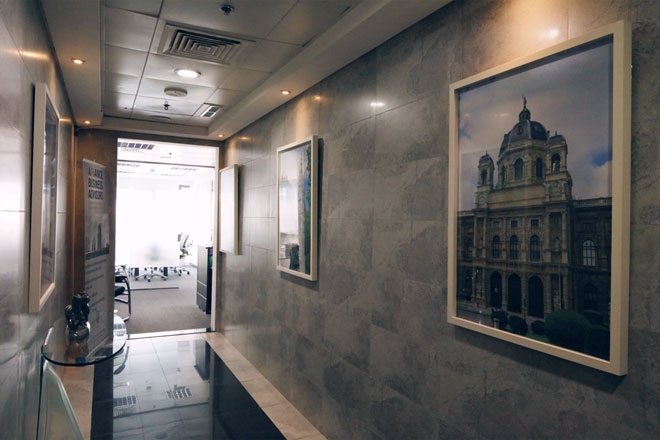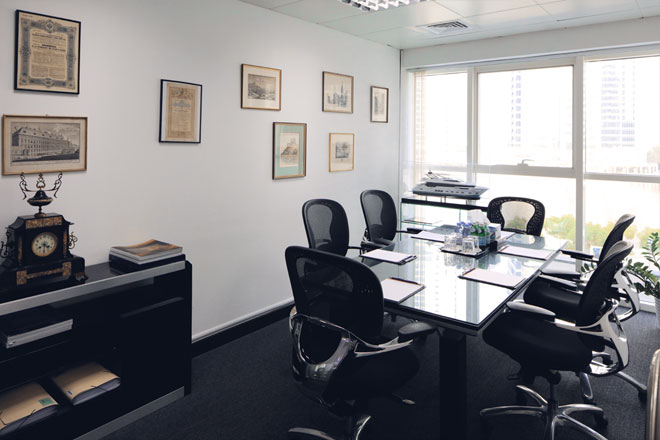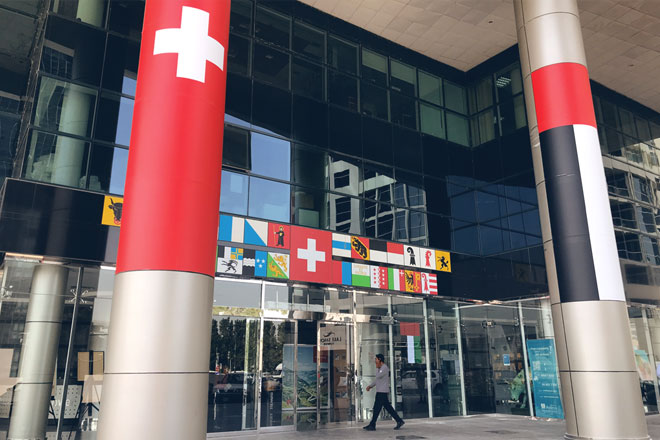
UAE free economic zones are special distinguished territories where specific financial and legal regulations (with respect to the rest of the country) are applied, there are no taxes, bureaucratic procedures are simplified as much as possible, and foreigners are offered the maximum freedom of action. All this is for a single purpose – to attract international investments.
Free zones are managed by special bodies – administrations. This body develops regulatory rules, policies, and procedures that are consistent with the nature of the jurisdiction. Administration policy extends to the management of the zone and the use of the land on which the zone is located. Free Zone Administration:
- Provides infrastructure, housing, and services for registration and conducting business.
- Owns real estate inside the zone and rents it out.
- Provides administrative and other services within the zone and charges fees.
- Develops and implements rules governing activities in the free zone.
The administration of the zone may consider various issues over which it has competence on its own, and may, at its discretion, refer them to any other bodies. Thus, for example, a foreign investor, or an employee working in the free zone is obliged to comply with local laws and regulations, this person is responsible to the authorities of the particular Emirate. Besides, monetary obligations to other authorities may arise, for example, when:
- Using common areas inside a building;
- Owning a leased property;
- Using of utilities;
- For obligations arising from any contracts;
- Upon the introduction by any authorities of any fees and duties.
Such costs will be calculated and charged regardless of administration. Although to simplify administration and payment, an infrastructure fee may be included in administration fees.
Any disputes between a foreign investor and the administration are referred to the Mediation Service, if the dispute cannot be resolved in this way, it can be referred to the courts of the relevant Emirate.
Laws regulating commercial activities in UAE free zones
- Law on Commercial Companies in the UAE. This is the main law that governs the process of registration and doing business in the free zones of the country. It is applied in DMCC, Hamriyah free zone, Jebel Ali free zone (JAFZA), RAK FTZ, TECOM, and all the other jurisdictions in every Emirate.
- Foreign Investment Law. This law creates a unified regulatory framework for foreign investment in terms of regulating investment procedures, licensing, and registration of companies in the UAE.
- Competition Law in the UAE. The law was developed in accordance with the recommendations made by the World Trade Organization in its latest review of the UAE's trade policy and is designed to provide a favorable environment for businesses to promote efficiency, competitiveness, consumer welfare, and sustainable development in the country.
- Law on Certificate of Origin in the UAE. The law allows the Ministry of Economy to impose penalties and fines on those who forge documents, certificates, or data.
- Commercial Arbitration Act. This law applies to the resolution of commercial disputes. Under this law, civil cases will be heard by the civil courts of the emirates, and the Abu Dhabi Federal Court of Appeal will hear cases of international disputes.
In case you have any questions regarding laws and regulations in free zone, feel free to contact our consultant, we will be glad yo help you!









